Text published in the November-December 2024 issue of E2Q magazine
For several months now, energy efficiency has dominated the news in Quebec. The provincial government and Hydro-Québec are encouraging the population to consume better and adopt more sustainable practices, by offering incentives for those who change their consumption practices. “On a per capita basis, Quebec is a very large energy consumer, not far behind the United States, but at a level that represents nearly four times the world average.” (Source: Le Devoir)
Mobilizing for better energy use
Various programs and measures have been or will be introduced in the coming years to help Quebec residents better manage their energy consumption, in both the residential and commercial sectors. Among the initiatives already in place are Hydro-Québec's dynamic pricing programs, which enable all residential and agricultural customers to shift their energy consumption to off-peak winter periods and thus better distribute electricity demand.

For its part, the Quebec government offers energy renovation subsidy programs such as Rénoclimat, which provide financial assistance to homeowners to improve the energy efficiency of their homes. These initiatives encourage the installation of more efficient heating systems, thermal insulation and energy-efficient windows. In addition, strict construction and renovation standards have been put in place to encourage the construction of more energy-efficient buildings, and Quebec businesses are encouraged to adopt more efficient energy practices through various subsidy and tax incentive programs for the installation of cleaner, more efficient technologies.
Other actions were discussed that could eventually be implemented to improve the province's energy efficiency. Electricity rate increases, a new day/night rate option, financing for the purchase of energy-efficient appliances and green home installations (e.g. solar panels) are all options that are being considered to achieve energy sobriety in Quebec in the coming years.
Quebec residents can already take a number of actions on a daily basis to reduce their energy costs. As mentioned above, Hydro-Québec's dynamic pricing programs are an excellent way for them to reduce their consumption during periods of high demand, while maintaining their comfort and benefiting from reductions on their electricity bill. Some 305,000 customers have signed up to the programs since they were introduced in 2019, reducing peak demand by an average of 248 megawatts. Reducing heating and cooling and hot water consumption also contribute to energy savings. Renovations aimed at reducing carbon emissions, such as installing heat pumps, smart thermostats and replacing windows with better insulation, are effective long-term investments. In addition, planning the use of appliances and electric car charging for off-peak hours can help reduce energy demand at crucial times. Finally, reducing lighting by opting for LED bulbs and switching off unused lights is also a recommended practice.

The water heater controller allows you to remotely control the water heater's power supply while saving money.
Photo credit: Studio Point de Vue / Guillaume Gorini
Optimizing homes and buildings with smart devices
Every year, interest in smart devices continues to grow in Quebec. In 2023, 50% of adult Quebecers owned at least one smart home device, representing a 4% increase over the previous year. Of interest: connected devices used to control energy in the home are among the types of smart devices showing the biggest increase, up 8% compared to 2021. What's more, two of the main motivations for acquiring connected objects in the home are improving comfort and quality of life (53%) and better controlling energy consumption (28%). (Source: NETendances 2023 - Smart Home)
Smart devices do indeed have a major role to play in the energy transition, by enabling more efficient and personalized management of domestic energy consumption. They offer numerous benefits, not only in terms of energy and cost savings, but also in terms of simplified daily life, peace of mind, optimized comfort and reduced environmental impact. The features they offer help homeowners better manage their energy consumption. For example, by creating schedules or automations, you can personalize and automate the management of various electrical appliances according to the user's specific needs. Geofencing is also frequently used, thanks to its ability to detect the user's geographical position and automatically adjust the parameters of connected devices according to this location, thus minimizing superfluous energy consumption. Some features even automate device management during peak periods (e.g. Éco Sinopé or Hilo), making it easier to take part in events. Interlocking the home's heating and air-conditioning systems is also a key function, preventing these systems from operating simultaneously, thus preventing energy wastage.

Scheduling and automation, geofencing, consumption graphs and automated management of peak events are all features that help optimize energy consumption.
Which smart devices to buy to optimize energy efficiency?
The wide range of smart devices available on the market today can control the majority of a home's electricity consumption sources.

Smart thermostats are ideal for regulating heating in different areas of the home, whether for electric baseboards, floor heating or a central air-conditioning system. At the same time, water heater controllers turn off the hot water tank during peak periods while maintaining the water at a safe temperature. Load controllers are useful for managing pool pumps, spas or even energy-intensive appliances. Electrical outlets can be installed in strategic locations to control various electronic devices, while smart switches and dimmers can intelligently manage lighting. Finally, there are smart charging stations for electric vehicles, which can find out the capacity of the local grid and how much energy a car needs, thus contributing to the sustainability of the power grid while generating energy savings.
In conclusion, the transition to more responsible and efficient energy consumption is a major challenge for Quebec. Current initiatives, such as Hydro-Québec's dynamic pricing programs and subsidies for energy renovation, testify to a strong desire to reduce consumption and encourage more sustainable practices. The rise in popularity of smart devices also underscores a significant shift in household energy management. These technologies not only enable substantial savings, but also simplify daily life by offering precise, customizable control over energy consumption.
It's essential for every Quebecer to get actively involved in this collective approach by adopting more efficient energy practices and taking advantage of available resources. Every small gesture counts and contributes to a significant reduction in the province's energy footprint. By combining individual efforts with existing public policies, we can aspire to a future where energy consumption is not only more efficient, but also more respectful of our environment.
By Anabelle Poissant and Joannie Robert, Communications Department, Sinopé Technologies



Partager:
Why Sinopé is a Smart Choice
5 Tips to use Electricity more Wisely in Cold Weather